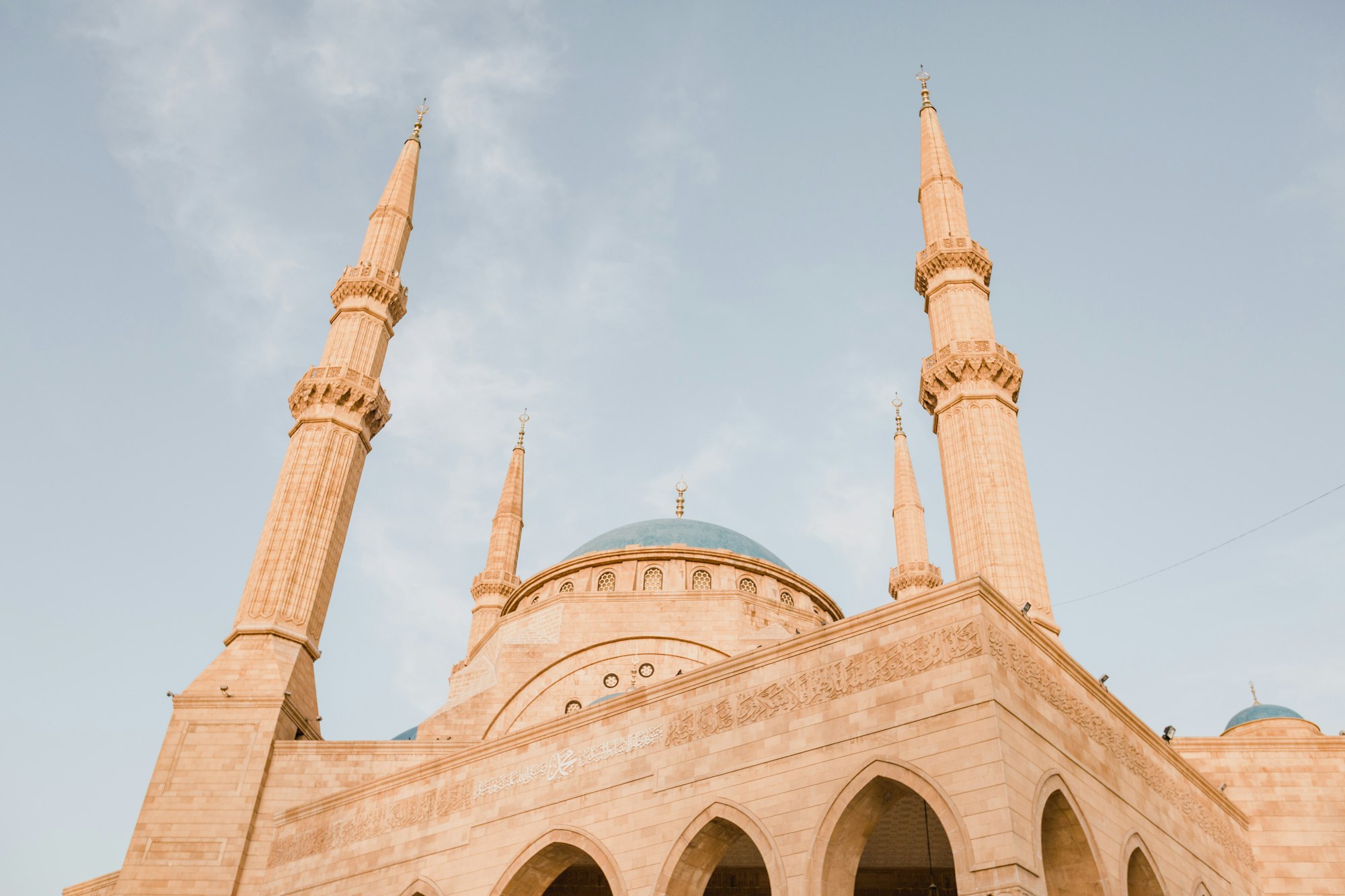As of 27 June 2021, 544,520 cases of Covid-19 and 7,845 deaths have been reported in Lebanon. On 15 March 2020, 23 days after the first case in the country was documented, the Government declared a state of health emergency and decided to impose a national curfew and stay-at-home order on the population, along with a compulsory closure of all schools, businesses and facilities, and restrictions on gatherings and travel.
Covid-19 could not have come at a worse time for Lebanon. The country has been in the middle of a political and economic turmoil that began in October 2019, and the banking sector has since collapsed. Furthermore, Lebanon is facing one of the hardest refugee crises since 2011, and the under-resourced Lebanese health care system was already trying to cope with the extra burden of more than one million Syrian refugees before the pandemic.
In addition to the resource challenges, the hospitals were unprepared for the emerging Covid-19 virus. They faced a shortage of medical supplies, including testing equipment, ventilators, and personal protection equipment. In the early days of the pandemic, only one single public hospital was designated as the testing, quarantine, and treatment site, after a World Bank loan was mobilised to secure the required resources.
Between the end of April 2020 and the beginning of June 2020, the Government implemented a five-stage strategy to allow the gradual reopening of most businesses and the resumption of international travel. However, a new harsh new wave soon hit the country in December 2020 and the hospitals were overwhelmed and incapable of receiving new patients. Consequently, the Government imposed a second national lockdown from 4 January 2021 to 1 February 2021.
On 14 February 2021, Lebanon started its Covid-19 vaccination campaign. As of 27 June 2021, 8.9% of the population has been fully vaccinated and a total of 1,797,444 vaccine doses have been administered.
